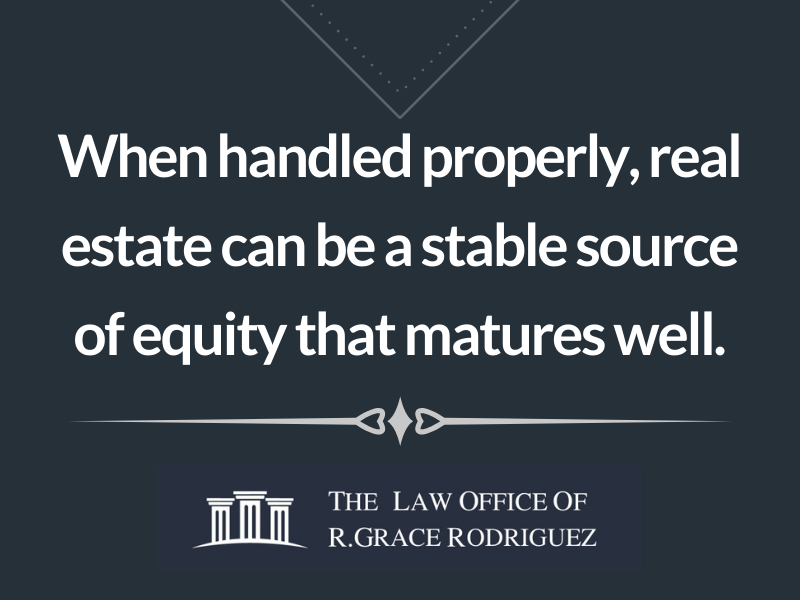When looking to purchase and own a piece of real estate, the costs involved can quickly become expensive. For many, real estate will be one of the largest investments that they will make in their entire lives. When handled properly, real estate can be a stable source of equity that matures well.
Individuals looking to purchase real estate at a cost outside their individual capability will often go into a shared-purchase agreement with another party. Whether buying a home with a spouse or significant other or purchasing business space with associates, combined buying power will almost always provide better opportunities than going it alone.
However, what are the parties to do when the relationship goes south? If the parties involved own a property together, deciding who takes part of the investment property can be difficult and often gut-wrenching.
Should a property that is owned through a joint partnership need to be divided, the process can quickly become difficult and complicated. Fortunately, for those seeking a way to split the equity equally among parties, there is an option available: a partition action.

What Is A Partition Action?
If parties that own a property desire to split the ownership and the vested equity, there is a legal process by which the property can be successfully separated. Known as a partition action, this request to a court seeks to divide real estate properties between involved parties in such a way that all sides come out equally.
In California Code of Civil Procedure (C.C.P. 872.210) the partition action allows for property under a single title to be successfully divided between parties. Rather than create a brand new title for two or more owners, a partition action will instead split the property as evenly as legally possible between those parties involved. Unless a co-owner of a property has previously signed a partition waiver, they are eligible to proceed with a partition request through the California court system. Partition actions can often be completed to terminate a partial interest or entire ownership in a property. In California, spouses typically do not follow Partition Action proceedings to split property, but instead seek dissolution through family court.
What Happens During A Partition Action?
Typically, the attorney for a partition action petitioner will file a complaint to the county seat of the property location. A Notice of Pendency is then recorded with the Recorder’s Office, which will allow anyone involved with the property to know that a partition action has been initiated. If the complaint is not dropped, the action will go to court. At court, a judge will determine the partition action request based on the merits of the request, and will ultimately determine whether or not allow the partition to follow through to competition.
Once a partition action is completed, the court will decide the share of the property to each of the parties involved in the partition. This may include any needed repairs to the property or improvements that have already been completed on the property. These costs, as well as any applicable taxes, may impact the percentage of the property share of each part of the partition.
Interested In Learning More? Contact A Legal Aid
Partition Actions are a way for ownership to be divided equitably between parties that can help prevent unwanted court costs and long legal battles. If you are interested in learning more about the Partition Action process, it is advised to speak with a trained and experienced attorney with knowledge in this legality.
At the Law Offices of R. Grace Rodriguez, we are dedicated to providing quality legal services across Los Angeles, Ventura, and Orange counties as well as throughout the San Fernando Valley. Contact our legal team today to learn more.
